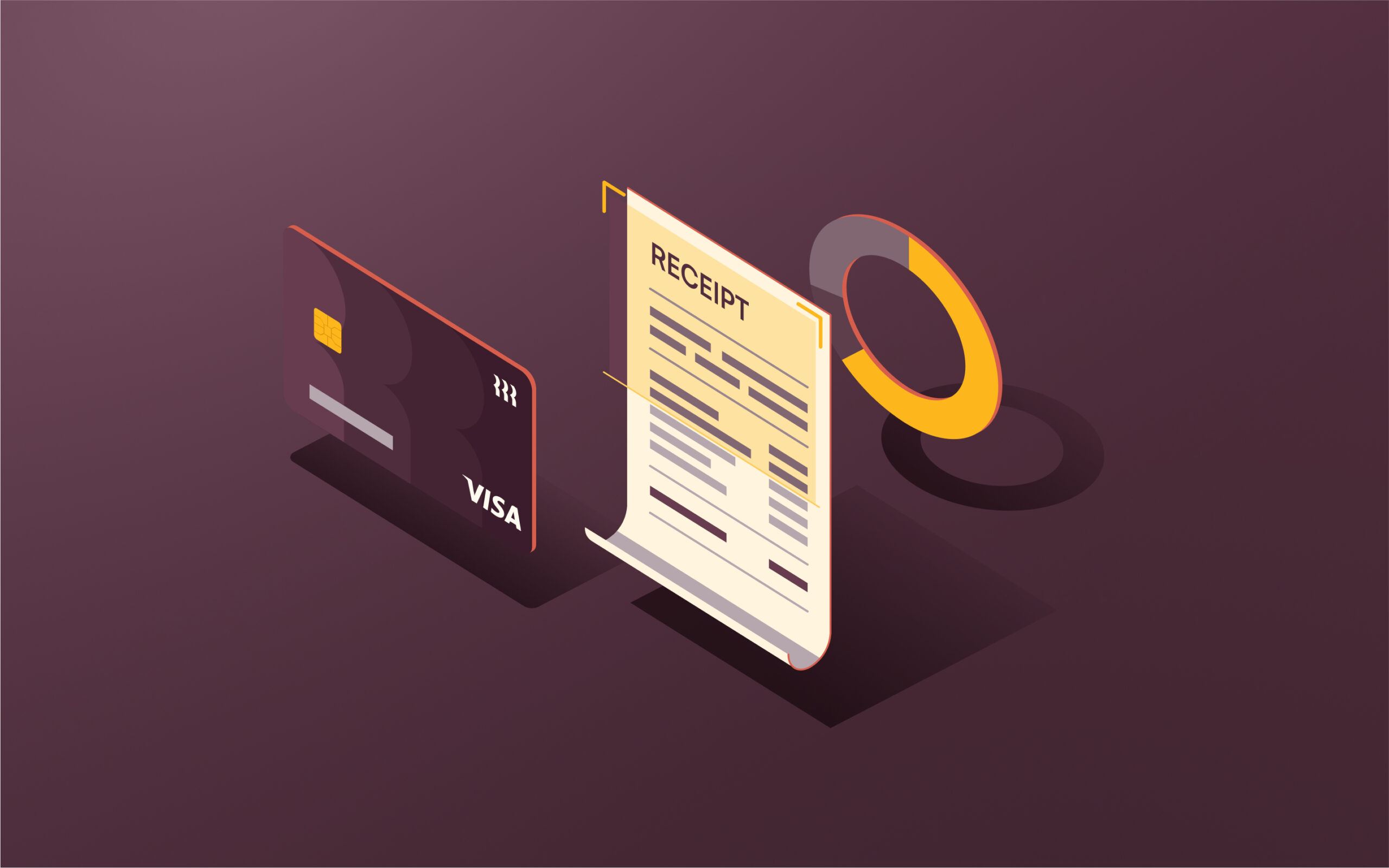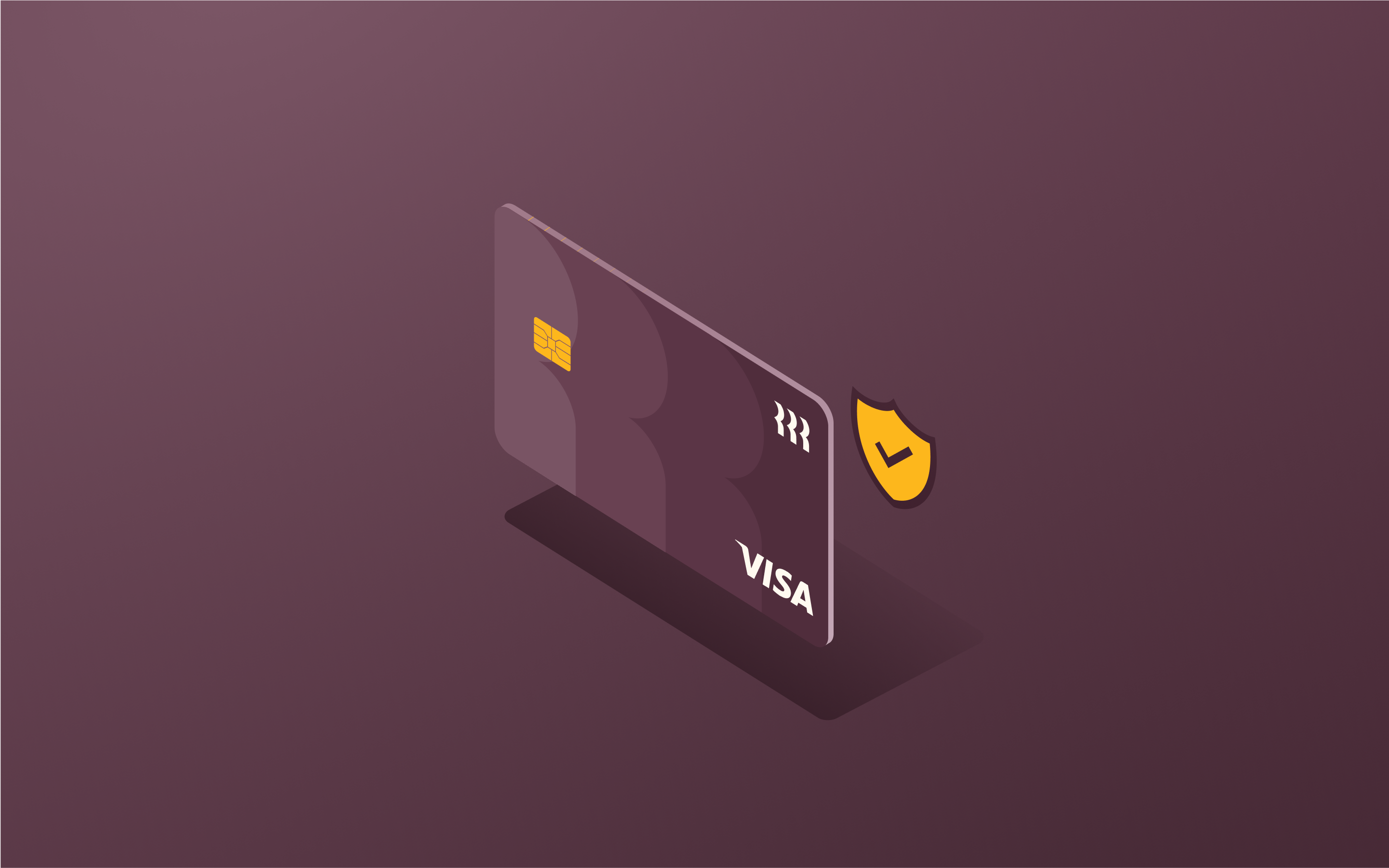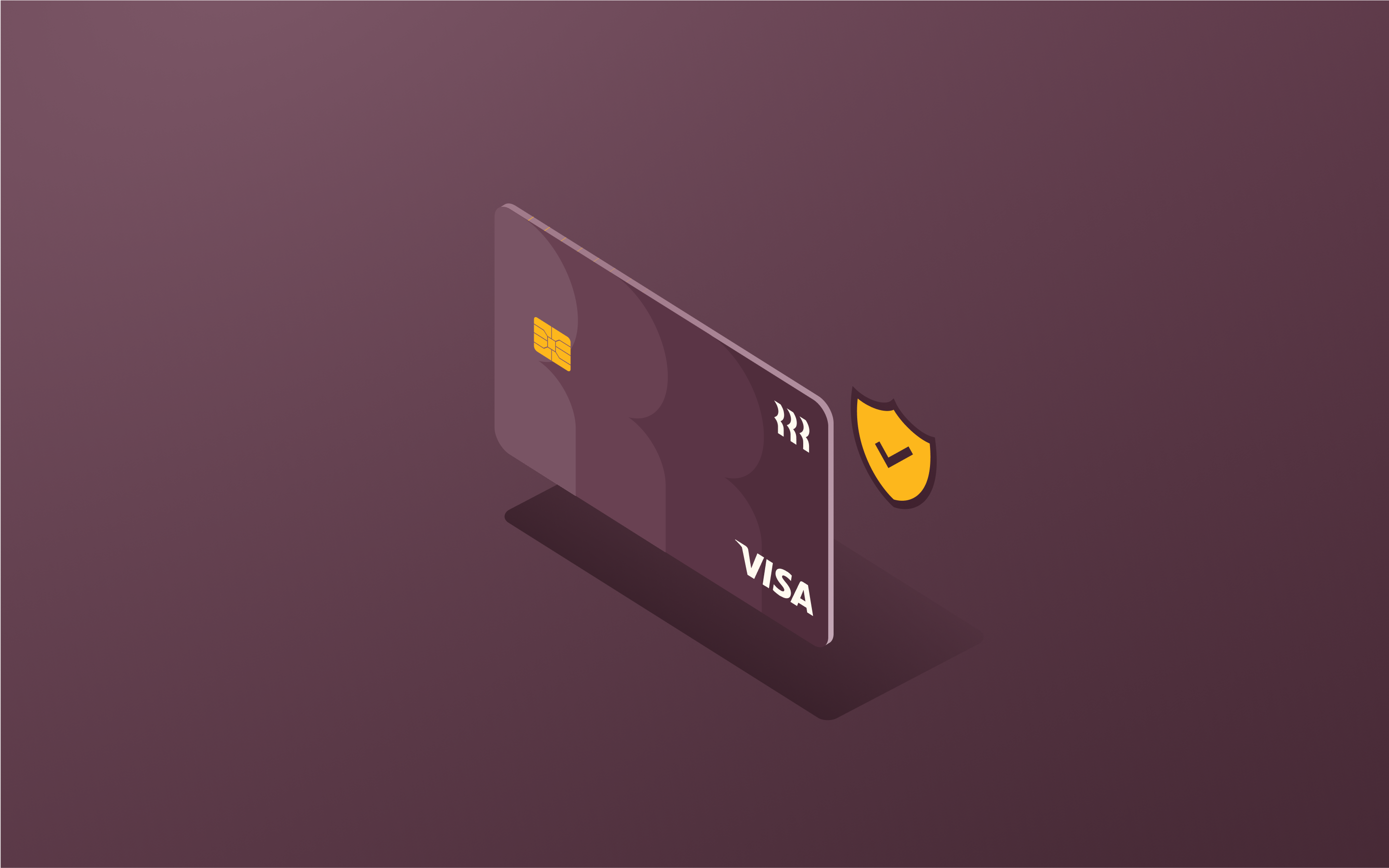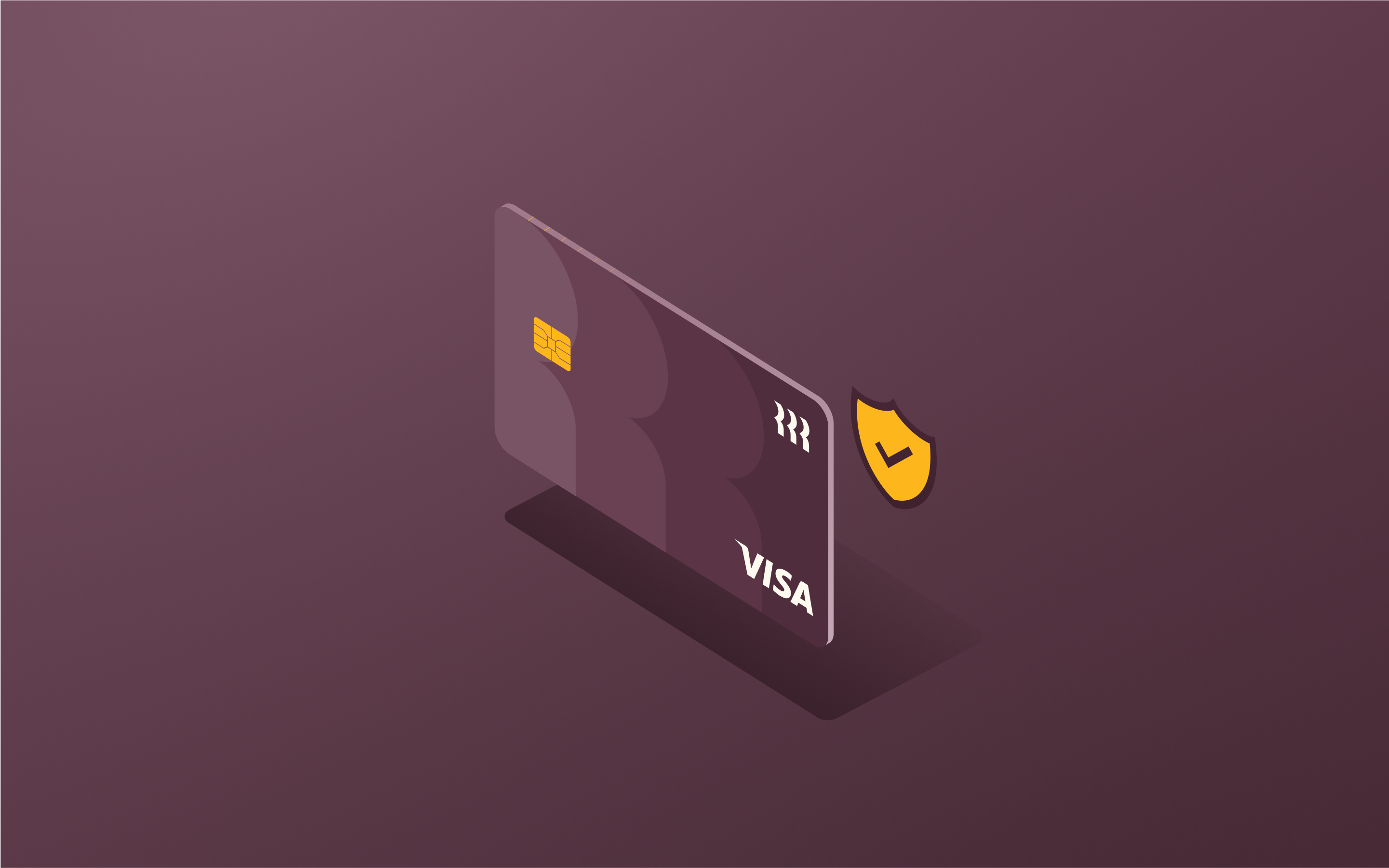Do business credit cards affect your personal credit score?
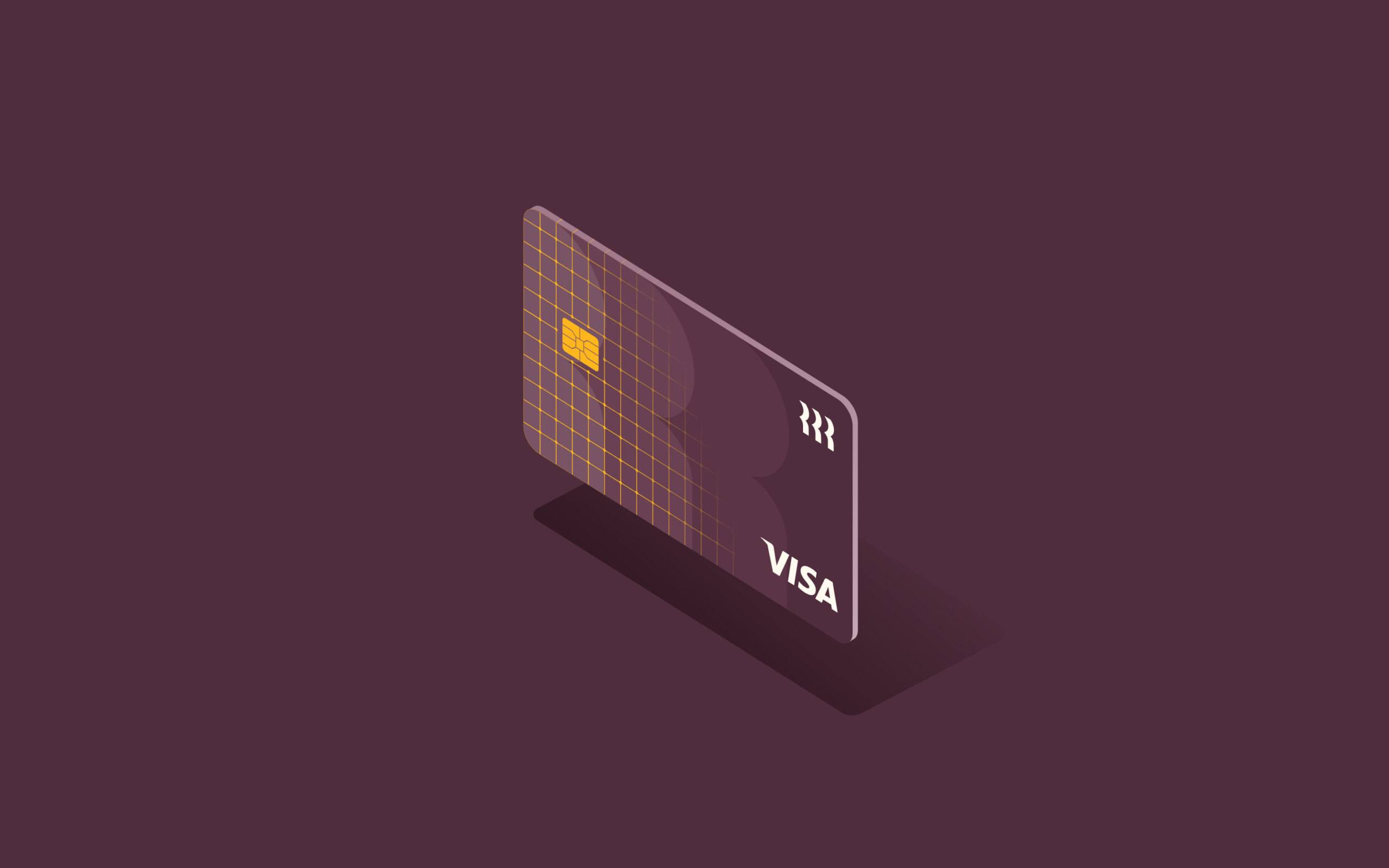
You finally got the business credit card. It’s got your company name and logo on it, the limit feels generous, and for once, you aren’t stuck sorting through a mess of Venmo screenshots at tax time. Then your personal credit score drops, and you’re stuck wondering how a business dinner ended up tanking your mortgage rate. So much for keeping things separate.
In this article, we break down how business credit cards can impact your personal credit score, when that connection matters, and what you can do to safeguard your finances. If you’re a freelancer, founder, or small business owner, understanding how these cards interact is essential for developing a strong business credit history without putting your own credit report on the line.
What is a business credit card?
A business credit card is a business tool meant for business-related purchases like software subscriptions, travel, and office supplies. It’s typically used to keep your professional spending organized, flexible, and separate from personal purchases. These cards often come with higher credit limits and tools to help manage spend as your business grows.
Most business credit cards require a personal guarantee, meaning that you agree to repay the debt if the business can’t. Even though the card is issued in the company’s name, your personal credit can still feel the impact if the card issuer reports to consumer credit bureaus. Used carefully, though, a business credit card can help you manage cash flow and build a strong business credit profile.
Key differences between business and personal credit cards
A business credit card isn’t just a personal credit card with a different name. They follow different rules, serve different purposes, and carry different risks, especially when it comes to credit reporting and liability. Before applying for a corporate credit card or making a purchase, be sure you’re clear on the key distinctions to help you avoid unintended consequences for your personal credit.
Credit reporting practices
If you’ve ever asked, “Does a business credit card report to personal credit bureaus?” the answer depends on the issuer and the terms of your account. Most personal cards report to consumer credit bureaus by default. Business credit cards, however, can vary. Some report only to business credit bureaus, others to both, and some not at all unless you default. This can help you separate business credit reporting from your personal credit history if you choose the right card.
Liability for debt
With personal credit cards, liability for the debt is always direct and individual. You’re the one responsible for the balance. Business cards typically introduce a second layer: the business entity. While the company may be primarily responsible for any debt, be aware that most business cards ask for a personal guarantee, which means you’re individually on the hook if the business defaults.
Rewards and benefits
Business cards often provide perks and benefits tailored to business expenses, like higher cashback on office supplies or more air miles for travel. Personal cards, in contrast, usually focus on everyday consumer categories like groceries or dining. Business card reward programs are also typically structured around larger, more frequent purchases.
Spending patterns and credit limits
Designed for higher-volume spending, business cards generally come with larger credit limits and fewer restrictions on frequent transactions. The flexibility can help your small business manage cash flow, but be aware that a reported high balance can inflate your credit utilization and affect your credit score.
Authorized users and employee cards
An authorized user on a personal credit card account typically means a family member. Business cards allow you to issue cards to employees with custom limits and spending controls. That’s helpful for tracking business expenses, but misuse or late payments can still fall back on you, with a personal guarantee in place.
How does a business credit card affect your personal credit score?
A business credit card might seem like it only affects your business, but certain actions can tie it directly to your personal credit score. Whether or not that happens depends on how the card is issued, how you use it, and the structure of your business. If you find yourself Googling, “How does a business credit card affect personal credit,” here are the most common ways the connection happens.
When you apply with a personal guarantee
Most business credit cards require a personal guarantee, which means you agree to take responsibility for the debt yourself if the business can’t make payments. This typically triggers a credit inquiry and can link the business account to your credit report.
If the card reports to personal credit bureaus
Some credit card issuers report business card activity to consumer credit bureaus like Equifax. If they do, your payment history and credit utilization on the business card can influence your credit score.
When you miss payments or default
Even when the card issuer doesn’t report business card activity to consumer bureaus, a missed payment or default can still show up on your personal credit if you signed a personal guarantee when you applied. And if the lender sends it to collections, the legal action will usually be reported to all credit bureaus.
High utilization of business cards
If the card reports to consumer credit bureaus and you carry a high balance, it can increase your credit utilization ratio, which plays a big role in calculating your overall credit score. High balances can shave off important points, even if you make payments on time.
When the business structure is a sole proprietorship
Sole proprietors don’t enjoy a legal separation between business and personal finances like LLCs do. Does business credit affect personal credit in this case? Yes, because they’re essentially the same thing for sole proprietors in the eyes of most card issuers.
When you close the account or reduce the credit limit
Closing a business card that reports to consumer credit bureaus can lower your total available credit, increasing your utilization ratio. This, in turn, can negatively affect your credit score, regardless of how well you managed the balance.
4 credit cards that report on personal credit
Some business credit cards aren’t as separate from your personal credit as you might think. While many cards only report activity to business credit bureaus, others share information with consumer credit agencies, too. That means your business spending can end up dragging down your personal credit score if you’re not careful. If keeping the two distinct is a priority for you, it helps to know which cards report across both profiles.
Capital One Spark Business Cards
Capital One reports all Spark Business Card activity, good and bad, to both business and consumer credit bureaus. That includes your balance, payment history, and even how much credit you’re using. While this can help you build business credit, it also means late payments and high credit utilization can harm your personal credit score. Capital One also requires a personal guarantee.
Discover It Business Card
The Discover It Card reports to both consumer and business credit bureaus, so your account behavior will show up on both types of credit reports. Discover also pulls a personal credit report when you apply, so activity on this card can affect your credit score, even if you’re only using it for business purposes.
Bank of America Business Advantage Credit Cards
Bank of America doesn’t routinely report business card activity to consumer credit bureaus, but it reserves the right to do so if you default or fall behind on payments. Likewise, if the account ever goes to collections or legal action, you’ll see it on your credit report because of the card’s required personal guarantee.
U.S. Bank Business Credit Cards
U.S. Bank Business Credit Cards generally don’t report to consumer credit bureaus under normal circumstances. If you miss payments or let the account become delinquent, however, this credit card issuer will report the negative activity. These cards also require a personal guarantee, which can put your personal credit score at risk.
How to manage business credit without hurting your personal score: 6 tips
Protecting your personal credit while using a business credit card starts with forming good financial habits. Some cards can blur the line between business and personal credit, especially with a personal guarantee involved. To keep your business spending from affecting your personal score, you’ll need to be deliberate about setup, usage, and repayment.
- Choose a business credit card that doesn’t report to personal bureaus. Some issuers only report to business credit bureaus, which helps build your business credit score without impacting your consumer credit. Always ask before applying.
- Pay balances in full. Letting the balance on your business credit card creep up can lead to high credit utilization. And if the account reports to consumer credit bureaus, it can hurt your credit score. Paying the balance in full every month also helps you dodge interest fees.
- Set up auto-payments. Even a single missed payment can damage both your business and personal credit. Using auto-pay ensures on-time payments every month, a key factor in your credit score.
- Use business EIN instead of SSN where possible. Some card issuers allow you to apply using your business’s Employer Identification Number (EIN) instead of your SSN, which can reduce the chance of linking the card to your personal credit.
- Consider corporate cards that don’t require a personal guarantee. Cards like these are issued to your business rather than you as a person, and typically don’t report to consumer credit bureaus. They’re ideal for a more established business with strong revenue.
- Maintain separate finances. Keep business and personal purchases, bank accounts, and expenses clearly divided. Not only does this help protect your credit score, it makes for clean accounting and fewer headaches during tax season.
Do business charges affect your personal credit score?
Business charge cards typically don’t affect your personal credit score, which makes them a safer option if you want to keep business spending separate from your household finances. Unlike a business credit card, which may require a personal guarantee and report to consumer credit bureaus, activity from most business charge cards doesn’t show up on your credit report unless you miss payments.
They’re also used differently. Credit cards let you carry a balance, while charge cards require full payment each month. It’s a structure that works well for businesses with steady cash flow. If your business needs more time to pay off expenses, a business credit card may offer more of the flexibility that you need.
Don't ruin your personal credit; try Rippling's corporate card
If your goal is to avoid personal risk altogether, Rippling’s corporate charge cards offer a different model. Unlike a traditional business credit card, Rippling’s solution relies on your company’s financial profile, making it a stronger fit for businesses looking for a clean separation between business and personal liability. Because it’s a charge card, you’ll pay the balance off each month, helping you to avoid debt accumulation while still offering the flexibility to cover large or recurring business expenses. This structure gives your thriving business room to scale without putting the founders’ credit on the line.
For larger businesses, Rippling’s corporate cards provide high-level visibility and control over employee spending, together with powerful automation capabilities to reduce spend management busywork.
- Automatically issue corporate cards—with customized spend limits and purchasing controls—during onboarding. Then revoke them during offboarding.
- Hyper-custom spend policies for individual cards and user groups give you tailored control over how, when, and where employees make purchase, while automatically blocking unauthorized spend.
- Unified employee and spend data supports advanced analytics for better financial planning and spend management.
FAQs about business credit cards and personal credit score
How do business credit cards differ from personal credit cards?
The difference between business credit cards and personal credit cards lies in how they’re used and reported. Business cards help manage business expenses, typically offer higher credit limits, and report to business credit bureaus. Personal cards are meant for everyday spending and impact your consumer credit. Some business cards require a personal guarantee, however, which can affect your personal credit score if the business misses payments or has high credit utilization.
What should I do if a business card affects my personal credit score negatively?
If a business card hurts your personal credit score, start by checking your credit report. If you find errors, contact the issuer to request correction. Otherwise, look at how you’re using the card. Late payments and high credit utilization can lead to lost points. Pay down balances, time payments to arrive before due dates, and avoid new credit inquiries. You can also ask the card issuer to stop reporting to consumer credit bureaus, though not all will. Long-term, consider switching to a corporate card vs a business credit card. Corporate cards don’t require a personal guarantee to protect your credit history.
Does a corporate credit card affect your personal credit?
No, a corporate credit card typically doesn’t affect your personal credit, provided it’s issued to your business and doesn’t require a personal guarantee. Only the business’s payment history and credit utilization are reported to business credit bureaus, not consumer credit agencies, which insulates your personal credit score. If you’re personally liable and miss payments, however, you might see a drop in your credit score and a note on your credit report. Always check the issuer’s policy on credit reporting before applying for a business credit card.
This blog is based on information available to Rippling as of June 5, 2025.
Disclaimer: Rippling and its affiliates do not provide tax, accounting, or legal advice. This material has been prepared for informational purposes only, and is not intended to provide or be relied on for tax, accounting, or legal advice. You should consult your own tax, accounting, and legal advisors before engaging in any related activities or transactions.





